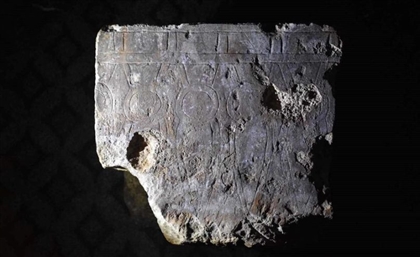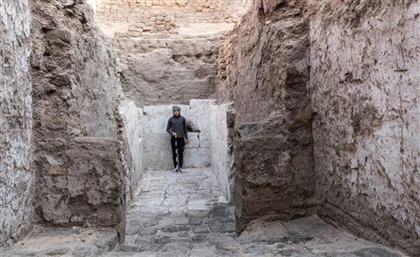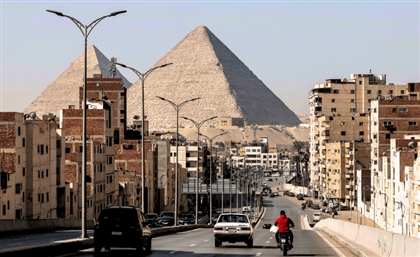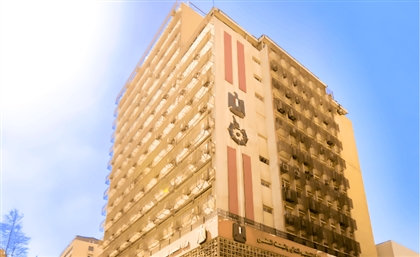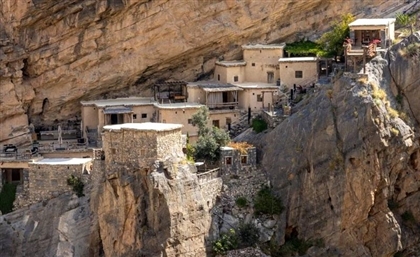Three Ancient Tombs Discovered at Aswan’s Qubbet el-Hawa Necropolis
Pottery, coffins, and skeletons were found in the tombs—some even reused centuries later.
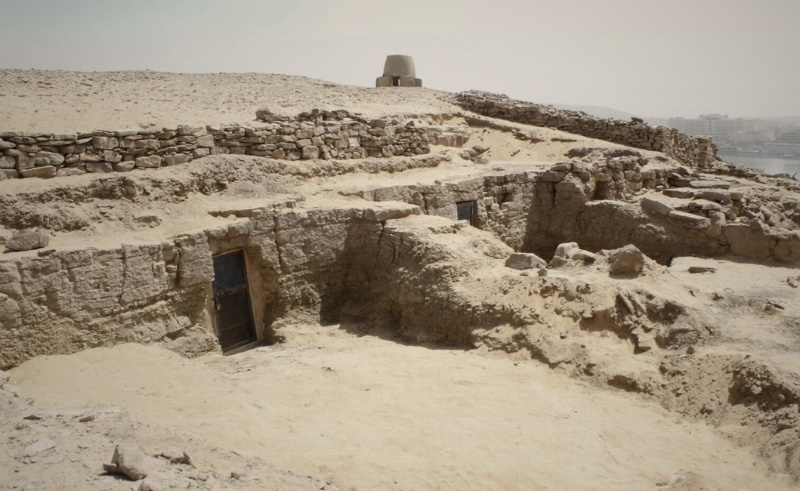
A team of Egyptian archaeologists has uncovered three rock-cut tombs dating back to the Old Kingdom at the Qubbet el-Hawa necropolis in Aswan. The discovery, made during the current excavation season, sheds light on a transitional era in ancient Egyptian history and highlights the site’s continued importance across centuries.
“This find offers valuable insight into the critical period between the end of the Old Kingdom and the beginning of the First Intermediate Period,” said Dr. Mohamed Ismail Khaled, Secretary-General of the Supreme Council of Antiquities. He added that some of the tombs appear to have been reused during the Middle Kingdom, “reflecting the historical continuity of Qubbet el-Hawa as a burial ground.”
Though undecorated, the tombs preserved traditional burial elements. The first contained two false doors, offering tables, pottery, damaged coffins, and skeletal remains, with a burial shaft revealing vessels inscribed in hieratic script. The second tomb held Middle Kingdom pottery and offering tables, but its design points to an earlier origin. The third, near a New Kingdom tomb, featured well-preserved pottery and remains including children’s skeletons.
“This discovery deepens our understanding of burial architecture and rituals during times of economic and political transition,” said Mohamed Abdel-Badie, Head of the Egyptian Antiquities Sector.
Trending This Week
-
Nov 23, 2025








